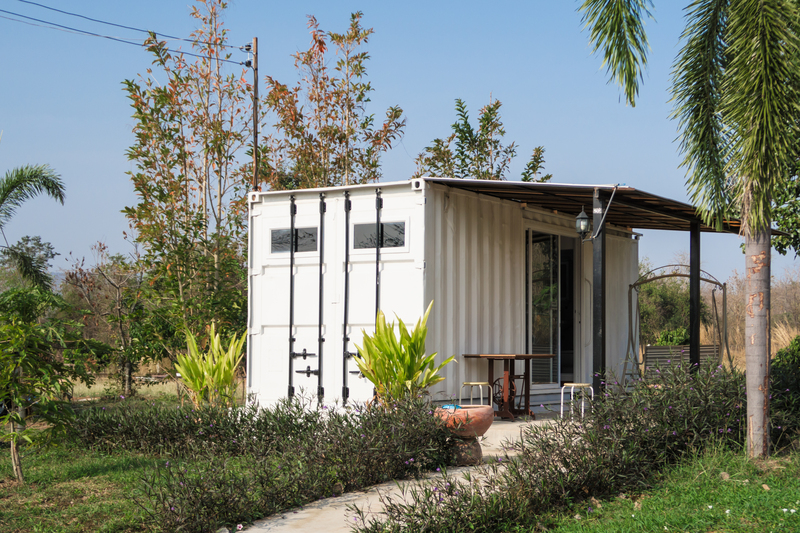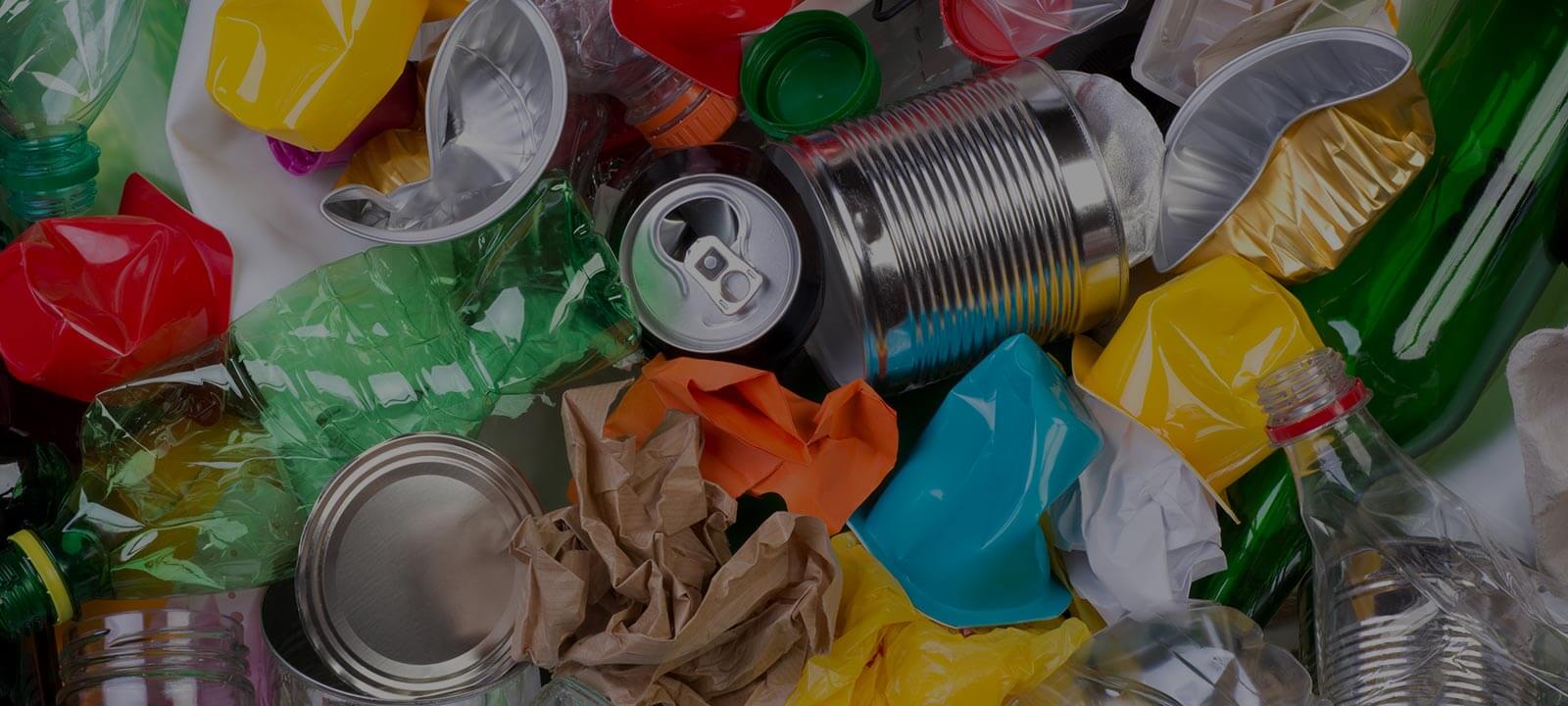Environmental Impact of Recycling
Posted on 30/08/2025
Environmental Impact of Recycling
Recycling is a widely adopted practice aimed at reducing waste, conserving resources, and mitigating harmful environmental impacts. This practice involves converting waste materials into new products, which in turn helps to conserve raw materials, reduce energy consumption, and decrease pollution. The environmental benefits of recycling are well-documented and significant. In this article, we will delve into the various ways recycling positively impacts the environment, explore some of the downsides, and provide tips for effective recycling.
Reduction in Waste Sent to Landfills
One of the most immediate benefits of recycling is the reduction in waste that ends up in landfills. Landfills are a major source of environmental degradation, contributing to soil and water contamination and releasing harmful gases like methane, a potent greenhouse gas. By recycling materials, we divert them from landfills, thereby reducing the need for more landfill space and decreasing the environmental risks associated with waste disposal.

Conservation of Natural Resources
Recycling plays a crucial role in conserving natural resources such as timber, water, and minerals. For instance, paper recycling saves trees, while metal recycling conserves valuable ores. Additionally, recycling reduces the need for extracting and processing raw materials, which often results in land degradation, deforestation, and water pollution. By opting to recycle, we help preserve these finite resources for future generations.
Reduction in Energy Consumption
The production of goods from recycled materials generally requires less energy compared to manufacturing from virgin materials. For example, producing aluminum from recycled scrap uses about 95% less energy than producing it from bauxite ore. Similarly, recycling plastic uses far less energy compared to producing new plastic from petroleum. Lower energy consumption translates to fewer power plants being used and a decrease in the emission of greenhouse gases.
Pollution Reduction
Recycling can significantly reduce pollution. The processes involved in extracting and refining raw materials often produce substantial air and water pollution. For example, mining for metals can release toxic substances into water bodies and the atmosphere. In contrast, recycling reduces the need for such harmful industrial activities, thereby decreasing the overall pollution levels. Additionally, using recycled materials in manufacturing reduces the reliance on petrochemicals and other pollutants.
Economic Benefits
Aside from environmental advantages, recycling also offers economic benefits. It creates jobs in the recycling and manufacturing industries, reduces the costs associated with waste disposal and extends the lifespan of landfills. Recycling industries can also spur innovation by encouraging the development of new technologies and products designed to maximize the use of recycled materials.
Pros and Cons of Recycling
Pros:
- Reduces waste sent to landfills and incinerators
- Conserves natural resources
- Reduces energy consumption
- Decreases pollution
- Creates jobs and stimulates economic growth
Cons:
- Recycling processes can still produce waste and pollutants
- Sorting and processing recycled materials requires energy
- Recycling programs can be costly to implement and maintain
- Not all materials are easily or economically recyclable
- Contamination of recyclable materials can render batches useless
Effective Recycling Tips
- Sort recyclables properly to avoid contamination.
- Rinse containers to remove food residues before recycling.
- Stay informed about what is recyclable in your local area.
- Reduce and reuse materials before opting to recycle.
- Support products made from recycled materials.

Takeaways
Recycling offers a range of significant environmental benefits, including waste reduction, resource conservation, energy savings, and pollution reduction. However, it is not without its challenges, such as the potential for contamination and the energy required for processing. By following best practices and remaining informed, individuals can maximize the positive impact of their recycling efforts.
Conclusion
The environmental impact of recycling is overwhelmingly positive, making it a key component in global efforts to create a sustainable future. While recycling presents certain challenges, the benefits far outweigh the drawbacks. By understanding how to recycle effectively and committing to reducing waste, we can support the health of our planet for future generations.
Latest Posts
Alternatives to Common Plastic Items
Recycling Strategies for Non-Compostable Garden Materials






